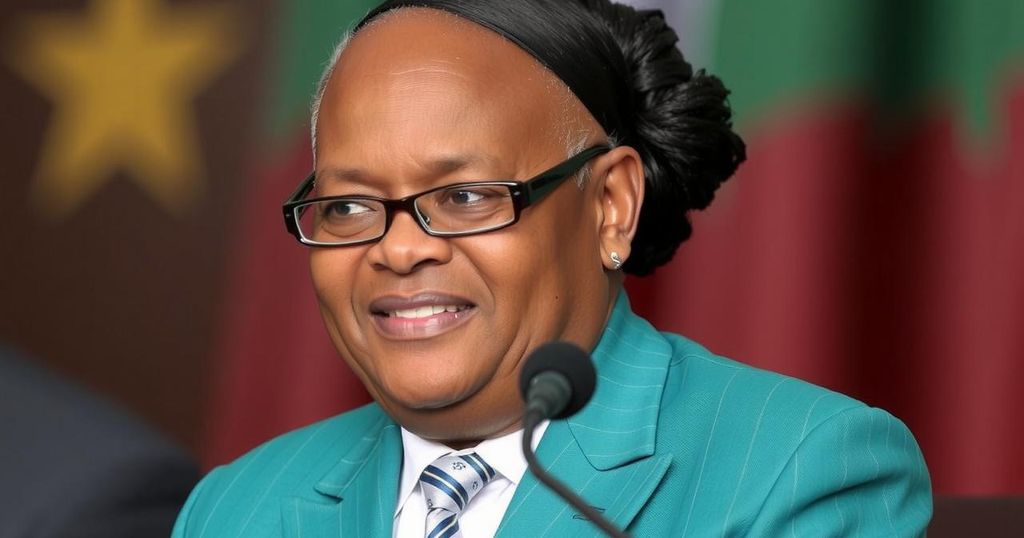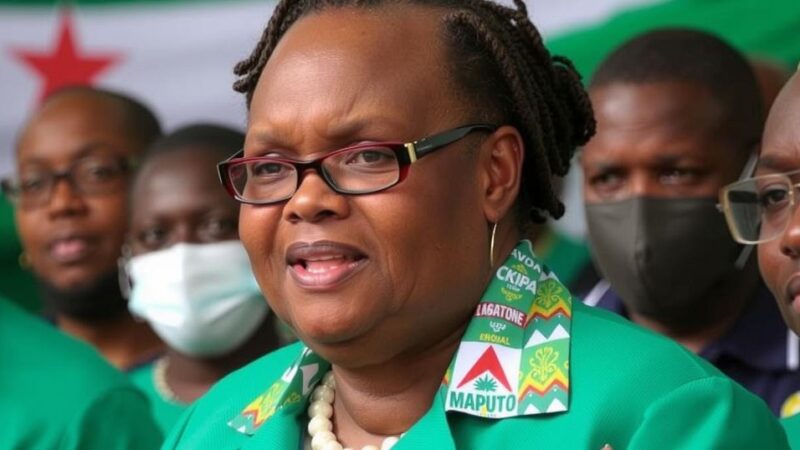Namibia’s IPC has filed a court challenge against the recent election results, citing significant irregularities and seeking access to vote tallies. The party has stated it will not recognize SWAPO’s declared victory, attributing delays and logistical issues to voter suppression efforts. The situation underscores pivotal concerns regarding electoral integrity in Namibia.
On Monday, Namibia’s leading opposition party, the Independent Patriots for Change (IPC), initiated a court challenge in response to the electoral results from the recent elections. The IPC has requested access to the comprehensive tallies from all votes cast and counted, citing significant irregularities during the electoral process. The party has expressed its intent not to recognize the results, which were marred by technical issues that delayed voting for many citizens.
The governing SWAPO party, which has maintained power for 34 years since Namibia’s independence, has claimed victory in the elections, with presidential candidate Netumbo Nandi-Ndaitwah receiving 57 percent of the votes. In contrast, IPC’s candidate Panduleni Itula garnered 25.5 percent. The IPC alleges that the electoral authority was responsible for systematic issues during the voting, stating that a shortage of ballot papers and malfunctioning equipment resulted in lengthy wait times, frustrating voters and hindering their participation.
The IPC’s legal action underscores their belief that the election process was compromised, as they assert, “There were clearly irregularities in the election.” They are seeking transparency from the electoral authority to ascertain the full extent of these alleged irregularities, which may lead to further legal proceedings questioning the overall validity of the election results.
The current electoral dispute in Namibia arises against a backdrop of long-standing political dominance by the SWAPO party, which has held power since the nation achieved independence from South Africa in 1990. The IPC’s challenge is rooted in concerns regarding the electoral process, specifically in relation to the logistical challenges faced during the elections held on November 27. Voter access issues, highlighted by the IPC, are compounded by a general sentiment among opposition groups that the governing party has, at times, utilized tactics to suppress voter turnout. This context is critical for understanding the implications of the IPC’s court challenge and the urgency it presents for Namibia’s democratic integrity.
In summary, the IPC’s court challenge to Namibia’s recent election outcomes reflects significant grievances regarding electoral integrity and voter accessibility. With the allegations of irregularities and logistical failures during the election, this legal contestation presents a crucial moment for Namibia’s democracy. The outcome of the IPC’s pursuit for transparency may ultimately influence public confidence in the electoral system and the SWAPO party’s ongoing governance.
Original Source: www.barrons.com







